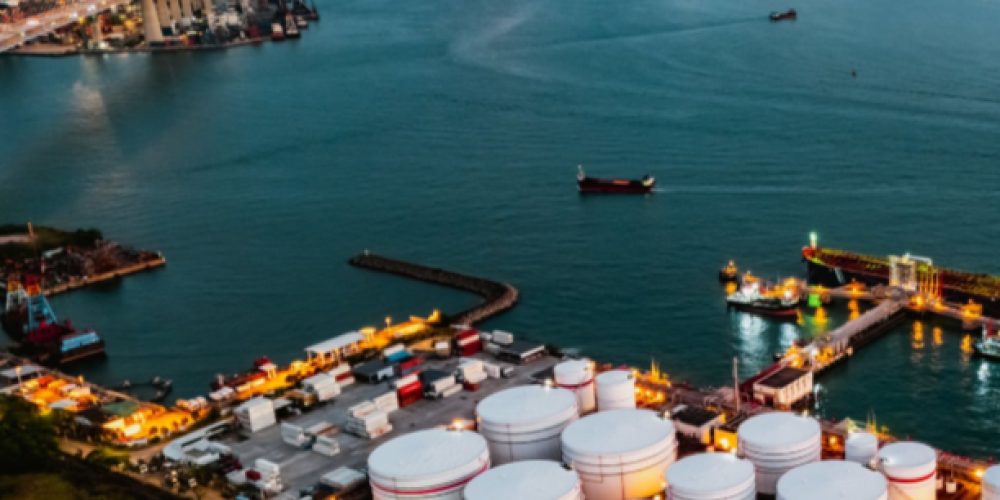Our Products
Each product we facilitate in the oil and gas industry comes with its unique specifications, uses, and trade requirements. Below is a detailed explanation of each product we handle
Jet Fuel (A1, JP54)
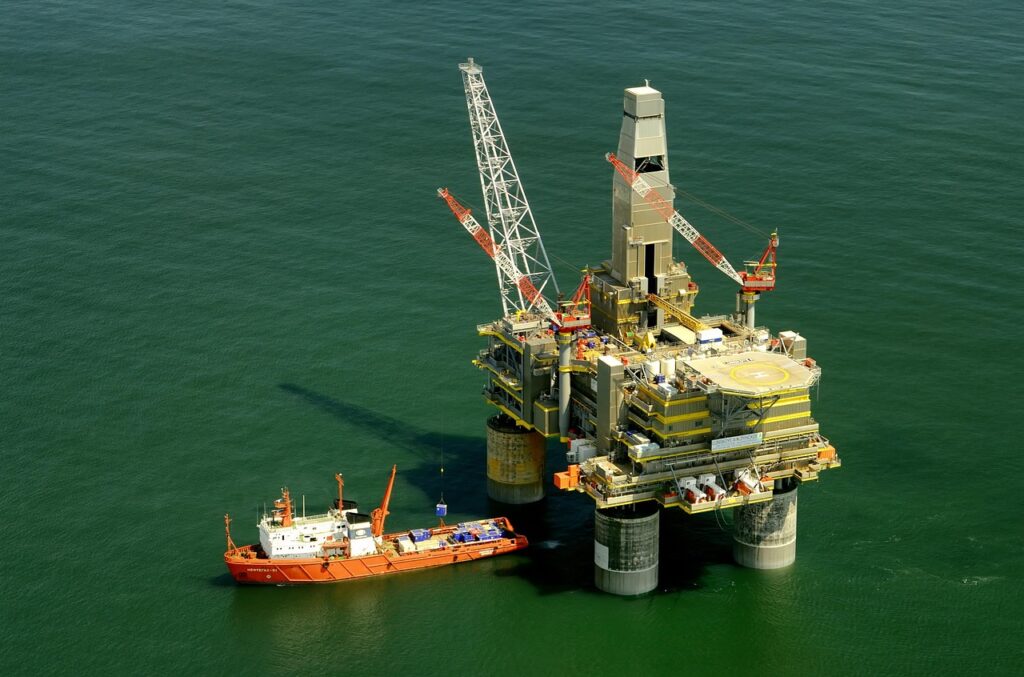
Description:
Jet fuel is a type of aviation fuel designed for use in aircraft powered by gas-turbine engines. It is highly refined, ensuring optimal combustion and efficiency.
Types:
⦁ Jet A1: Commonly used in commercial aviation, known for its high flash point and freezing point (-47°C).
⦁ JP54: A military-grade fuel similar to Jet A1 but with stricter quality standards.
Uses:
⦁ Commercial airliners
⦁ Military aircraft
⦁ Private jets
Trade Considerations:
⦁ Requires stringent certification for international transport
⦁ Pricing fluctuates based on crude oil prices and geopolitical factors
Diesel (D2, EN590, ULSD)

Description:
Diesel fuel is a refined petroleum product used primarily in transportation and industrial applications.
Types:
⦁ D2 Diesel: Standard gasoil used in diesel engines worldwide.
⦁ EN590: European standard diesel with ultra-low sulfur content.
⦁ ULSD (Ultra Low Sulfur Diesel): Used in environmentally friendly engines to reduce emissions.
Uses:
⦁ Trucks, buses, and heavy-duty vehicles
⦁ Industrial generators
⦁ Agricultural machinery
Trade Considerations:
⦁ Compliance with environmental regulations varies by region
⦁ Logistical challenges in bulk shipping
Liquefied Natural Gas (LNG)

Description:
LNG is a natural gas that has been cooled to liquid form (-162°C) for easy storage and transport. It is an efficient and cleaner alternative to traditional fossil fuels.
Uses:
⦁ Power generation
⦁ Heating and cooking in residential and industrial applications
⦁ Fuel for LNG-powered vehicles
Trade Considerations:
⦁ Requires specialized cryogenic storage and shipping facilities
⦁ Long-term contracts are common in LNG trading
Liquefied Petroleum Gas (LPG)
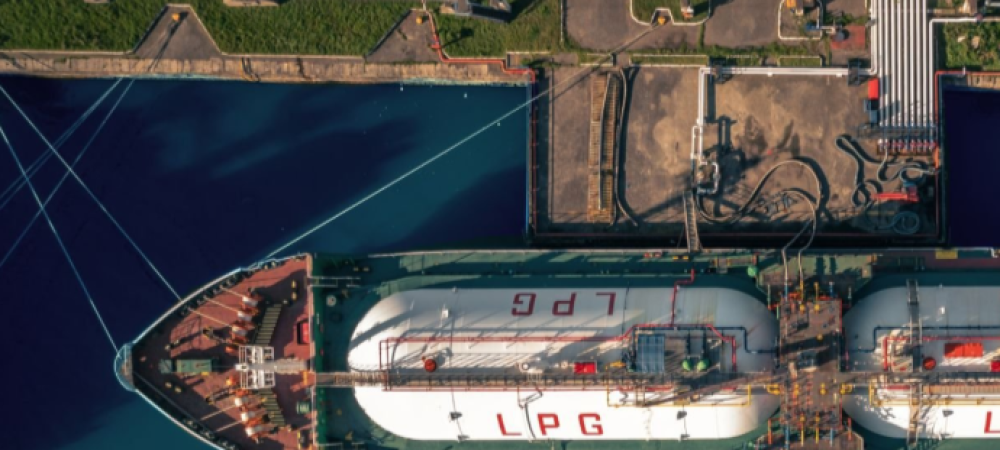
Description:
LPG is a mixture of propane and butane, stored in pressurized tanks in liquid form. It is used as a clean-burning fuel.
Uses:
⦁ Cooking gas for households and commercial kitchens
⦁ Automotive fuel (autogas)
⦁ Industrial applications, including metal cutting and heating
Trade Considerations:
⦁ Transported in pressurized tanks or cylinders
⦁ Subject to local government regulations on storage and handling
Di-Ammonium Phosphate (DAP)
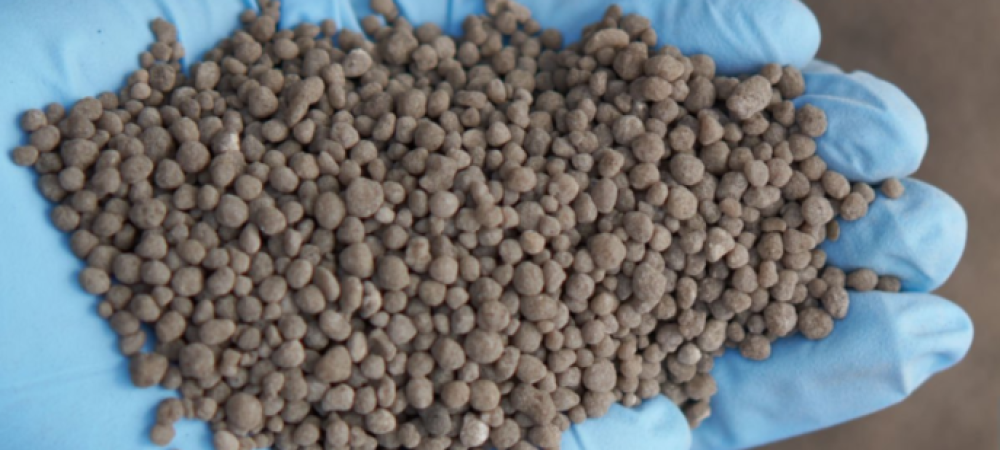
Description:
DAP is a widely used phosphate fertilizer that provides essential nutrients for plant growth.
Uses:
⦁ Agriculture as a soil nutrient
⦁ Industrial applications, including fire retardants and brewing
Trade Considerations:
⦁ Global demand driven by agricultural needs
⦁ Requires storage away from moisture
Sulfur (Granular, Lump, Powdered)

Description:
Sulfur is a non-metallic element used in various industrial processes. It is primarily extracted from natural gas and petroleum refining.
Types:
⦁ Granular Sulfur – Used in fertilizers and chemical industries.
⦁ Lump Sulfur – Used in rubber and plastics.
⦁ Powdered Sulfur – Used in pharmaceuticals and pesticides.
Uses:
⦁ Production of sulfuric acid (a key industrial chemical)
⦁ Manufacturing of fertilizers
⦁ Rubber and plastic processing
Trade Considerations:
⦁ Requires specialized storage to prevent oxidation
⦁ Volatility in pricing due to demand fluctuations
Urea (46% Prilled & Granular)

Description:
Urea is a nitrogen-based fertilizer essential for crop growth and agricultural productivity.
Types:
⦁ Prilled Urea: Small, round granules suitable for dry application.
⦁ Granular Urea: Larger granules with slower dissolution, ideal for mechanical application.
Uses:
⦁ Fertilizer in agriculture
⦁ Raw material in chemical and resin industries
Trade Considerations:
⦁ Highly in demand in the agricultural sector
⦁ Needs dry storage to prevent degradation
Petroleum Coke (Pet Coke)
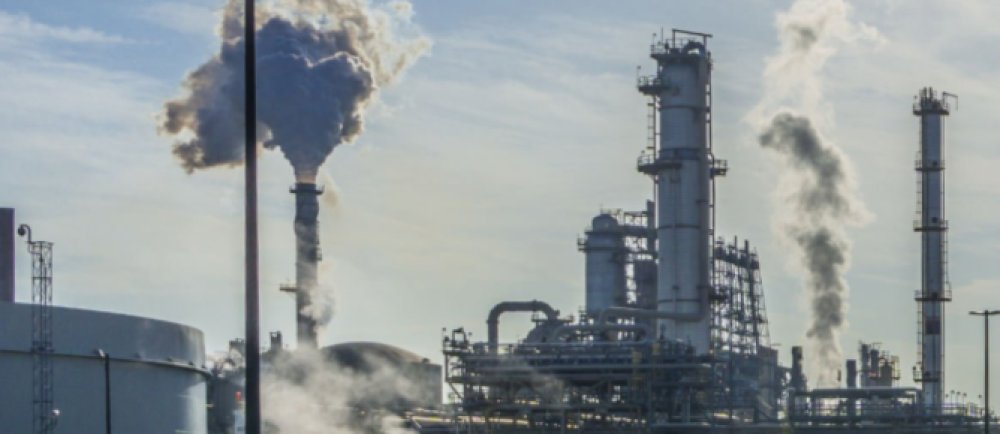
Description:
Petroleum coke is a carbon-rich solid residue derived from refining crude oil. It is used as a fuel and in industrial applications.
Types:
⦁ Fuel-Grade Pet Coke: Used in power plants and cement kilns.
⦁ Calcined Pet Coke: Used in aluminum production and steel manufacturing.
Uses:
⦁ Energy source in cement and steel industries
⦁ Manufacturing of electrodes for aluminum smelting
Trade Considerations:
⦁ High sulfur content can limit usage due to environmental regulations
⦁ Requires specialized handling for transportation
Crude Oil (Bonny Light, WTI, Brent, etc)
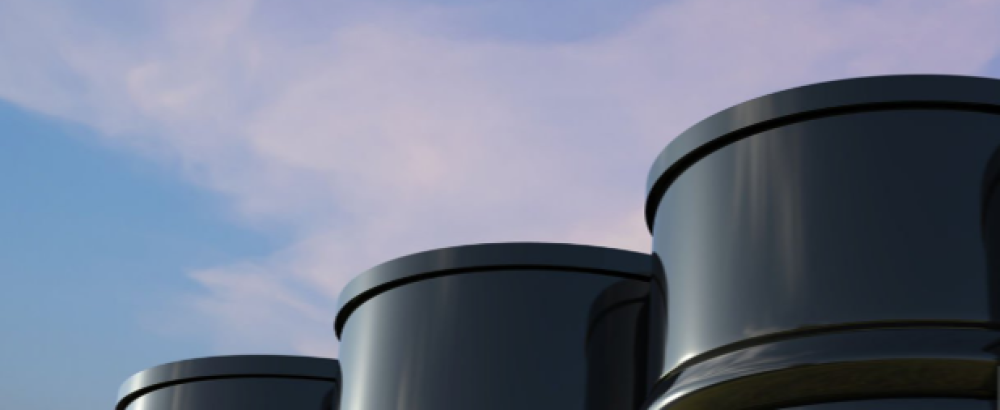
Description:
Crude oil is the raw form of petroleum extracted from the earth, refined into various fuel products.
Types:
⦁ Bonny Light Crude: A high-quality, low-sulfur crude oil from Nigeria.
⦁ WTI (West Texas Intermediate): Benchmark crude for U.S. oil pricing.
⦁ Brent Crude: Benchmark crude for European and global markets.
Uses:
⦁ Refining into gasoline, diesel, and jet fuel
⦁ Production of petrochemicals and plastics
Trade Considerations:
⦁ Price fluctuations based on OPEC decisions and geopolitical factors
⦁ Transported via pipelines, tankers, and rail
Bitumen (Asphalt, Road Construction Grade)
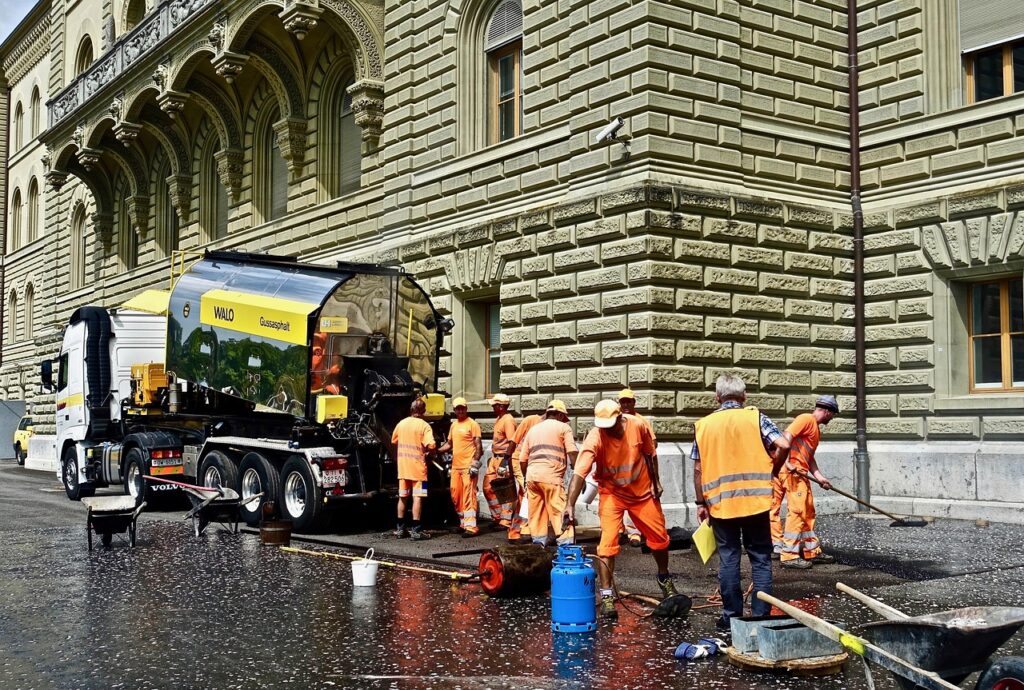
Description:
Bitumen is a thick, black, viscous liquid used primarily in road construction and waterproofing applications.
Types:
⦁ Paving Grade Bitumen: Used in road surfacing.
⦁ Industrial Bitumen: Used in roofing and adhesives.
Uses:
⦁ Road construction and repair
⦁ Waterproofing in buildings and bridges
Trade Considerations:
⦁ Requires heating for application
⦁ Seasonal demand variations in construction sectors
Gasoline (Petrol, Premium, Regular, Super)
Description:
Gasoline is a refined petroleum product used as fuel in internal combustion engines.
Types:
⦁ Regular Gasoline: Standard grade fuel.
⦁ Premium Gasoline: Higher octane fuel for high-performance engines.
⦁ Super Gasoline: Enhanced performance fuel with added detergents.
Uses:
⦁ Automobiles and motorcycles
⦁ Small machinery like lawnmowers and generators
Trade Considerations:
⦁ Heavily regulated for environmental impact
⦁ Prices vary due to crude oil market changes
